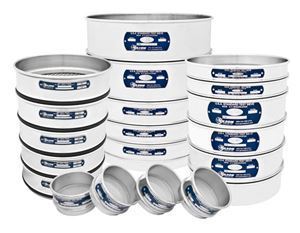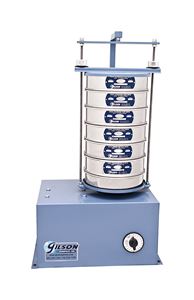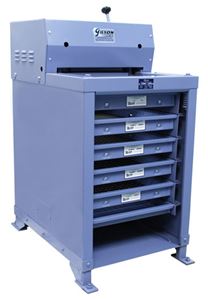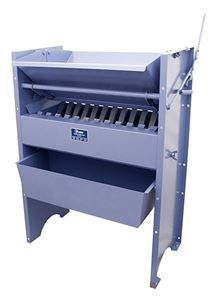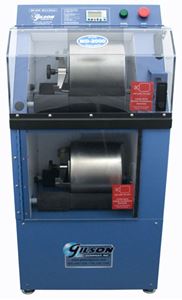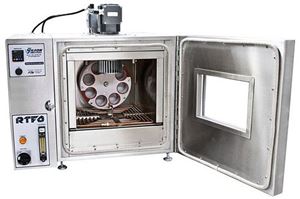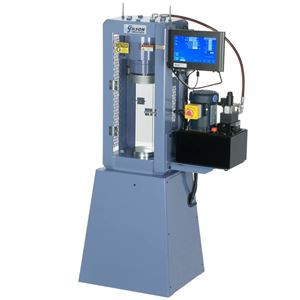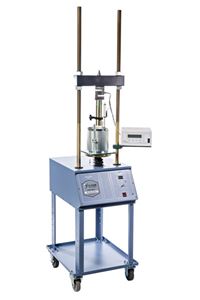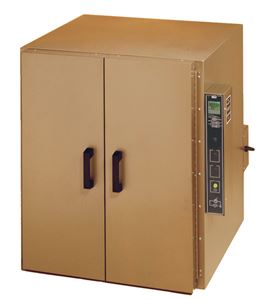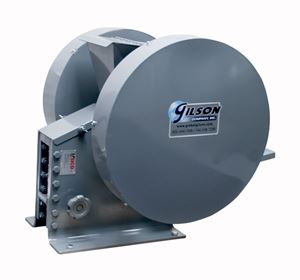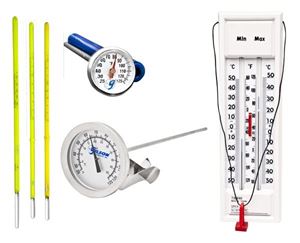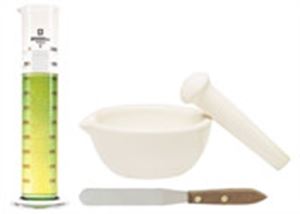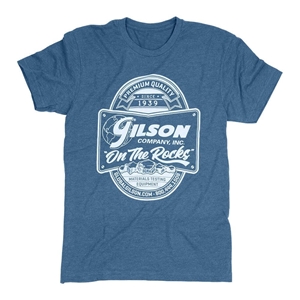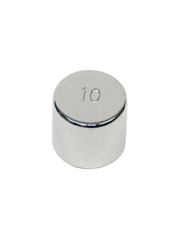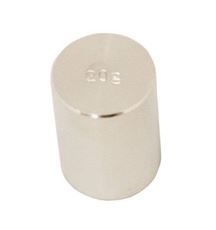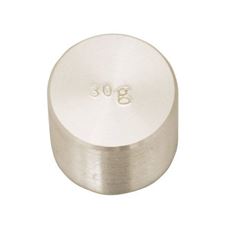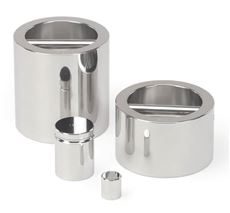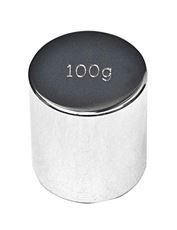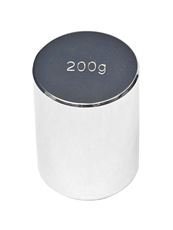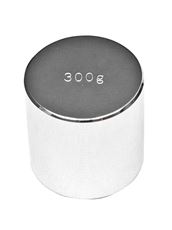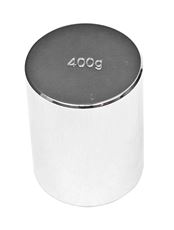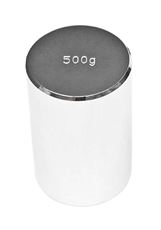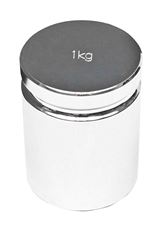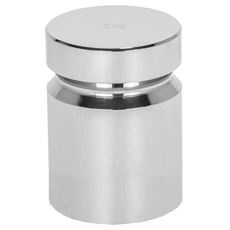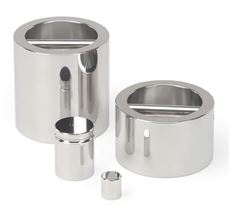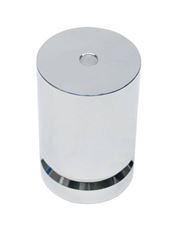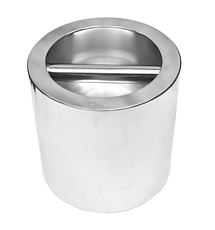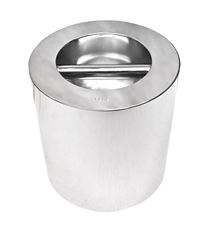- Log in
- Favorites List
-
Shopping Cart
You have no items in your shopping cart.
Calibration Weights for Balances
Calibration Weights check span, linearity, and used to calibrate digital balances or scales. Sophisticated testing and frequent auditing of procedures and laboratory equipment have made it increasingly important for laboratories to set up and maintain a calibration program for their balances. Gilson offers calibration weights for digital scales and balances in four class types, ASTM Classes 1 and 4, NIST Class F, and Ultra Class.

The Span Calibration method is the most commonly used method. It uses a one-point calibration with a single mass approximately equal to the capacity of the balance.
The Linearity Calibration method allows the user to select multiple mass settings, normally defined as zero, center (half span), and the full span of the balance capacity. this method minimizes deviation throughout the balance's weighing range.
Weights are supplied in 5-2-2-1 series as ASTM E617 specifies and securely packed in protective plastic cases. Individual weights that range from 10—4,000g include a glove and protective, foam-lined plastic case. The 10kg and 20kg weights have recessed grip handles for easier handling and stacking. High-impact reinforced plastic cases with metal edges are included with the 10kg and 20kg Ultra, ASTM 1 and 4 Class weights.
NIST Traceable or NVLAP calibration weights with certificates are also available.
Traceable Certificates document traceability to NIST and compliance with ASTM or OIML specifications. They include nominal value and correction, date of calibration, accuracy class, customer name, and purchase order number.
NVLAP Weight Calibration Certificates should be requested by users who must provide certification to ISO, FDA, ANSI, or other requirements. Report format and contents comply with NVLAP requirements.
- ASTM Class 1 Weights are for use with analytical balances and applications requiring the first-order accuracy. They are constructed of highly polished stainless steel. Available from 10g up to 4,000g and 10kg and 20kg. Sets are available in two ranges: 1mg to 100g and 1g to 100g.
- ASTM Class 4 Weights are used with balances less sensitive than 0.01g and for applications requiring average accuracy. Weights are constructed of satin-finished stainless steel. Available from 10g up to 4,000g and 10kg and 20kg. Sets are available in two ranges: 1mg to 100g and 1g to 100g.
- Ultra Class Weights are designed to provide superior accuracy for analytical, sensitive balances, and when test applications demand it. Ultra Class boasts weight tolerances 40-50% tighter than ASTM Class 1 and equal to or exceeding OIML Class E2. They are constructed of highly polished stainless steel. Available from 10g up to 4,000g and 10kg and 20kg. Sets are available in two ranges: 1mg to 100g and 1g to 100g.
- NIST Class F Weights are designed for higher capacity and less sensitive balances or scales. Weights are constructed of cast iron with integral grip handles. These calibration weights for balances or scales are available from 10kg to 250kg and 25lb or 50lb weight.
Filter by:

